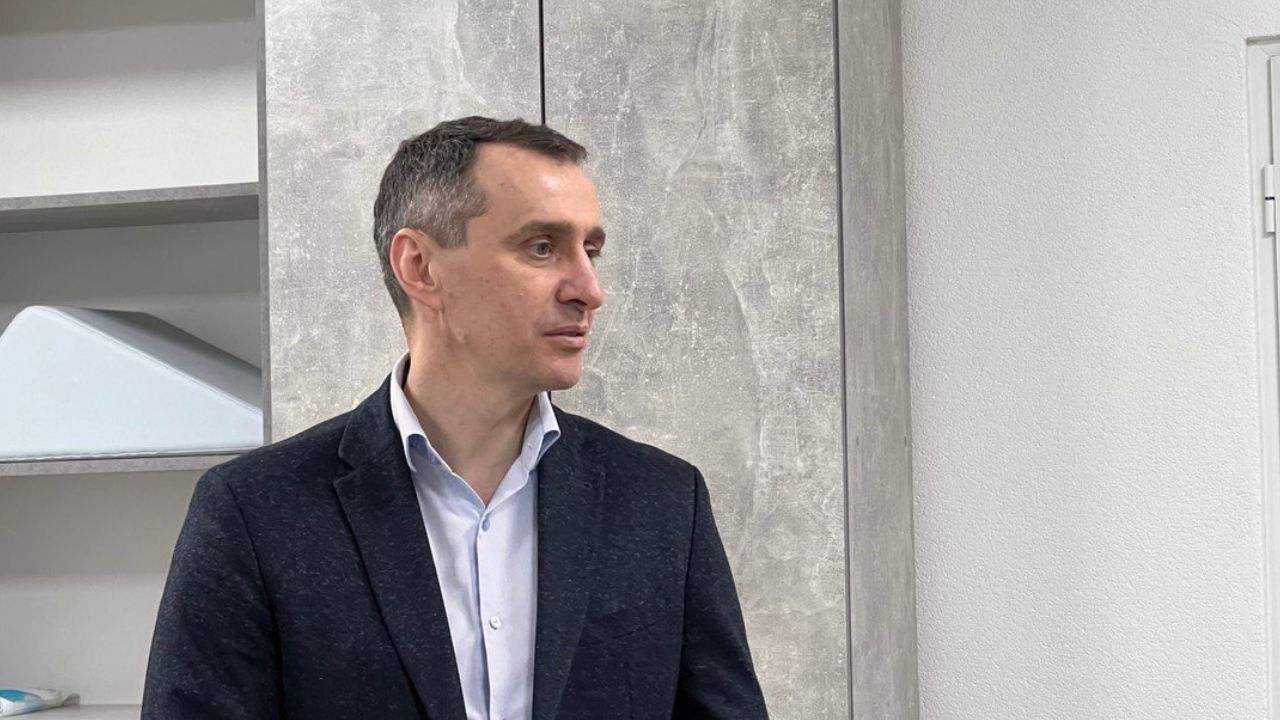Ukraine is facing a global shortage of doctors in the coming years: Lyashko tells how the government plans to overcome the crisis
28 June 2024 19:00 ЕКСКЛЮЗИВ
ЕКСКЛЮЗИВ
The Ministry of Health predicts a global shortage of healthcare professionals of various specialities by 2030. Recently, the head of the ministry, Viktor Lyashko, said that “no country in the world will say that we have enough doctors”. Nevertheless, Ukraine has three case studies that it calls tools to combat future challenges. They will help prevent the consequences and balance the situation in the healthcare sector over the next 5 years. Read more in the commentary "Komersant Ukrainian" health Minister Viktor Liashko told about this in more detail.
The Minister explained that the World Health Organization (WHO) strategy foresees a global shortage of personnel in the medical sector by 2030. The risk extends to most countries of the world, especially those with armed conflicts. To mitigate the consequences, Ukraine is cooperating with the WHO and developing a strategy.
“The First Lady met with the WHO Director-General, where this issue was raised on the agenda. WHO sent a mission to us. A group of experts reviewed all our medical training, looked at the demographic situation, and is now helping the Ministry of Health to calculate the number of specialists we will need in 2030 and beyond. Doctors are not trained for a year or two. We are talking about six years of graduate training, internships and professional development throughout their professional life. And now we understand that next year we have to place a state order to train in our medical universities the number of doctors that we will graduate in 2030, 2031 and 2032 in order to fill the possible shortage of personnel that may arise,” Lyashko said.
In addition, the Ministry of Health is working closely with the Ministry of Social Policy to create a demographic strategy. This is done in order to understand the number of Ukrainians who will live in Ukraine for the mentioned period and their age group.
“That is, whether it will be elderly people, the younger generation, or newborns. We do this in order to understand the population ratio for each category. And for this purpose, there will also be a certain specificity in the speciality in which we will send people for internships,” the Minister explained.
The Ministry is also studying the experience of European countries in detail, taking into account the future acquisition of Ukraine’s status as a full member of the European Union and additional internal migration to the EU of people with higher and secondary medical education.
“We are studying the experience of Romania, Poland and other countries. We see the dynamics – what percentage of people are leaving, taking into account the number of people who stay in their jobs. We are looking at and analysing what is the reason – whether it is only salaries, or other conditions, or the workload in order to prepare for the challenges that the medical sector will face in terms of human resources when gaining full EU membership,” said Lyashko.
According to the head of the relevant ministry, it is currently impossible to say which regions of Ukraine are most short of doctors because the country is in martial law and there is constant migration, including through mobilisation and because the Ministry of Health invites people to work on a rotational basis.
“We cannot compare the availability of medical workers 30 kilometres from the frontline and, for example, in Zakarpattia Oblast. The specifics are completely different. That is why we cannot say what is lacking in some regions. We are talking in general, about the entire number of Ukrainians living in the country, the load that exists, and then we look further at the hospital network. We see superclusters, general clusters – primary and emergency care – these are the key divisions for us. And we analyse and see that we may have a specific number of surgeons, but we look at where they are located. If they are in general hospitals, then we already make a certain error factor, because we understand that if a person is in a general hospital, he or she cannot handle the number of referrals that we envisage for surgeons in emergency hospitals. This is a complex work. But we will present the full and finalised strategy as soon as it is completed,” the Minister concluded.
It should be noted that in an interview with the BBC, Viktor Lyashko said that the next stage of healthcare reform was not stopped even during the war, including due to a lack of staff.
And at the International Conference on the Restoration of Ukraine (URC2024) in Berlin, Lyashko said that Ukraine needs about $14 billion to restore the healthcare system over the next 10 years. According to the minister, this is compensation for only minimal damage from the consequences of a full-scale war.
Author – Yelyzaveta Nesvit









